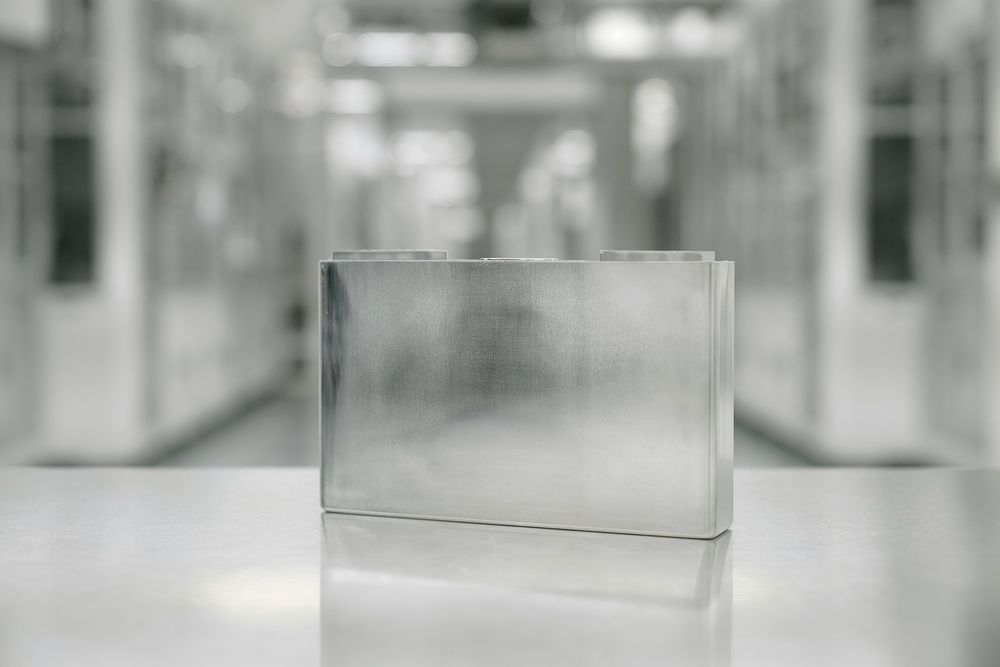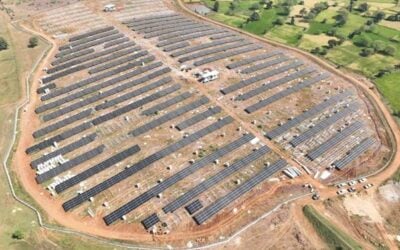
The European Commission’s proposed Net Zero Industry Act was published today, and the categorisation of energy storage technologies included is a “huge victory,” one source said.
A key part of the European Union (EU) Green Deal Industrial Plan, the Act will create “a regulatory environment that allows us to scale up the clean energy transition quickly,” according to European Commission President Ursula von der Leyen, who announced it earlier today.
Enjoy 12 months of exclusive analysis
- Regular insight and analysis of the industry’s biggest developments
- In-depth interviews with the industry’s leading figures
- Annual digital subscription to the PV Tech Power journal
- Discounts on Solar Media’s portfolio of events, in-person and virtual
The Green Deal Industrial Plan is being formulated to stimulate economic activity in the bloc’s clean energy sectors, and is basically considered the EU’s response to the US’ Inflation Reduction Act (IRA).
While an earlier leaked draft of the Net Zero Industry Act (NZIA) had stipulated a target for 85% of batteries deployed annually in the European Union to be domestically manufactured by 2030, it had been short of explicitly mentioning energy storage technologies.
In Article 3 of today’s proposal, which covers definitions of net-zero technologies, “electricity and heat storage technologies” is included for the purposes of the Act’s regulation, along with renewable energy technologies, renewable fuels, heat pumps, grid technologies and others like electrolysers and fuel cells, small modular nuclear reactors, carbon capture and storage.
The late inclusion of energy storage was hailed as a “huge victory,” by one industry source Energy-Storage.news spoke to.
The source said however that they were unsure what the significance will be overall once the Act and Green Deal Industrial Plan are voted on and adopted, but speculated that it could mean EU Member States “will have an easier time providing state funding to European based energy storage supply chains”.
The broader Green Deal Plan also encompasses the EU’s efforts to reform its Electricity Market Design (EMD), which has also included explicit mention of support for energy storage and been welcomed by the industry, as well as the Critical Raw Materials Act, which von der Leyen also announced today in its proposed form.
The Critical Raw Materials Act takes measures to “significantly improve the refining, processing and recycling of critical raw materials here in Europe,” the president said today.
“Raw materials are vital for manufacturing key technologies for our twin transition – like wind power generation, hydrogen storage or batteries. And we’re strengthening our cooperation with reliable trading partners globally to reduce the EU’s current dependencies on just one or a few countries,” von der Leyen said.
More to follow…






